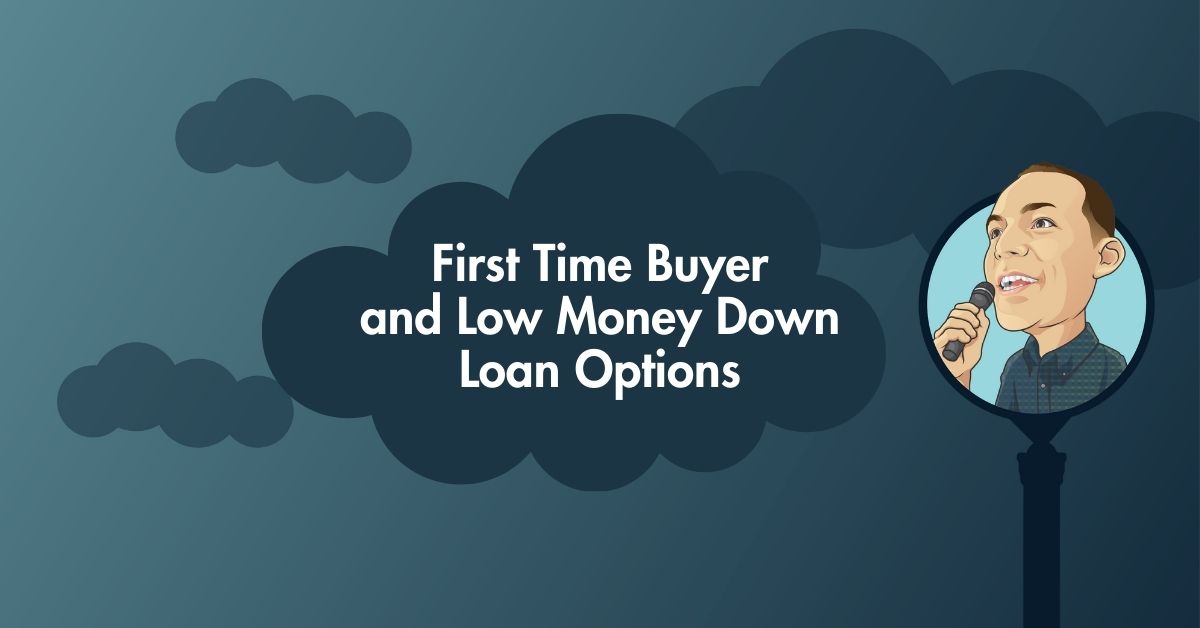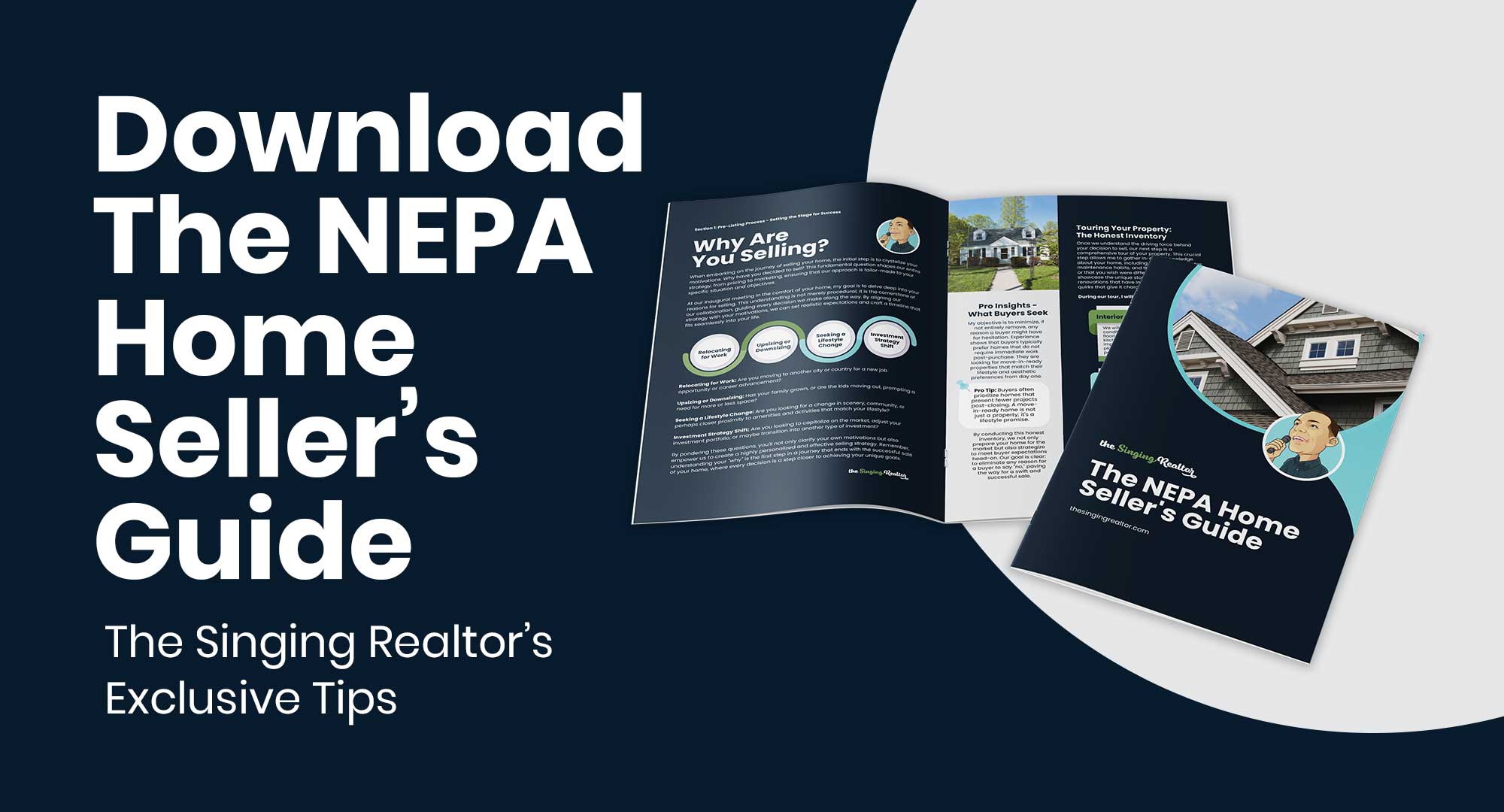Are you dreaming of owning your first home but feeling overwhelmed by the cost? You’re not alone. According to a recent study by the National Association of Realtors, the median price of homes sold in the United States in 2021 was $347,500, making it challenging for many first-time homebuyers to afford a home. However, there’s good news: first-time homebuyer programs can make the dream of homeownership a reality.
As the famous quote by American entrepreneur and philanthropist Andrew Carnegie goes, “90% of all millionaires become so through owning real estate.” Although not everyone is aiming to become a millionaire, owning a home can be an important step towards building long-term wealth and financial stability.
In this post, we’ll explore the various first-time homebuyer programs available to help you achieve your homeownership goals, homebuyer education and counseling programs, and tips for finding the right mortgage lender. By the end of this post, you’ll have a better understanding of what first-time homebuyer programs are available, how they work, and whether they’re right for you.
I. Federal Housing Administration (FHA) Loans
If you’re a first-time homebuyer with limited funds for a down payment or a lower credit score, an FHA loan could be a good option for you. FHA loans are mortgages insured by the Federal Housing Administration, which allows lenders to offer more flexible borrowing terms to homebuyers who might not qualify for conventional loans.
FHA loans come with several benefits, such as:
- Lower down payment requirements: FHA loans typically require a down payment of just 3.5% of the purchase price, compared to the 20% down payment that’s often required for conventional loans.
- More lenient credit score requirements: FHA loans may be available to homebuyers with lower credit scores, as low as 580 in some cases.
- More flexible debt-to-income (DTI) ratios: FHA loans may allow a higher DTI ratio, which is the ratio of your monthly debt payments to your monthly income. This can be helpful for homebuyers with higher levels of debt.
However, there are also some drawbacks to FHA loans, such as:
Upfront and ongoing mortgage insurance premiums: FHA loans require upfront and ongoing mortgage insurance premiums, which can add to the cost of your monthly mortgage payment. FHA loans also have limits on the amount you can borrow, which can vary by location and can be lower than the cost of homes in some areas. Finally, FHA loans may require that the property you’re purchasing meets certain standards, which can limit your options when searching for a home.
To be eligible for an FHA loan, you’ll need to meet certain requirements, such as:
- Having a steady income and employment history.
- Meeting the minimum credit score and DTI requirements.
- Having enough funds for the down payment and closing costs.
- Using the home as your primary residence.
Keep in mind that FHA loans are just one option for first-time homebuyers, and it’s important to compare different loan options to find the one that’s best for your financial situation and homeownership goals.
II. Veterans Affairs (VA) Loans
If you’re a veteran, active-duty service member, or a qualifying spouse, you may be eligible for a VA loan. VA loans are mortgages guaranteed by the Department of Veterans Affairs, which can offer a range of benefits for first-time homebuyers.
According to the VA, over 624,000 VA loans were issued in fiscal year 2021, with an average loan amount of $346,919. These loans helped veterans and their families achieve their dreams of homeownership, with 79% of VA loan borrowers purchasing their first home.
VA loans come with several benefits, such as:
- No down payment requirement: VA loans may not require a down payment, which can make homeownership more accessible for first-time buyers who may not have significant savings.
- No private mortgage insurance (PMI) requirement: VA loans don’t require PMI, which can save borrowers thousands of dollars over the life of their loan.
- More lenient credit requirements: VA loans may be available to homebuyers with lower credit scores or a limited credit history.
- Limits on closing costs: VA loans have restrictions on the types and amounts of closing costs that lenders can charge borrowers.
However, there are also some drawbacks to VA loans. For instance, VA loans typically require a funding fee, which can be a significant upfront cost. The amount of the fee varies depending on your military service status, the size of your down payment, and other factors. There are also property requirements that may limit the type or condition home that may be eligible. VA loans may require that the property you’re purchasing meets certain standards, which can limit your options when searching for a home.
As President Obama once said, “For their service and sacrifice, warm words of thanks from a grateful nation are more than warranted, but they aren’t nearly enough. We also owe our veterans the care they were promised and the benefits that they have earned. We have a sacred trust with those who wear the uniform of the United States of America. It’s a commitment that begins at enlistment, and it must never end.”
To be eligible for a VA loan, you’ll need to meet certain requirements, such as:
- Being a veteran, active-duty service member, or qualifying spouse.
- Meeting the minimum credit score and income requirements.
- Having a Certificate of Eligibility (COE) from the VA.
- Using the home as your primary residence.
If you’re eligible for a VA loan, it’s important to compare the benefits and drawbacks of VA loans with other loan options to find the one that’s best for your financial situation and homeownership goals.
III. State and Local First-Time Homebuyer Programs
In addition to federal programs, there are also state and local programs that can help first-time homebuyers with down payment assistance, closing cost assistance, and other resources. These programs vary by location, so it’s important to research what’s available in your area.
State and local programs can offer a range of benefits, such as:
- Down payment assistance: Some programs provide funds to help cover the down payment and closing costs, which can make homeownership more affordable.
- Low interest rates: Some programs offer below-market interest rates on mortgages, which can save borrowers money over the life of the loan.
- Homebuyer education: Many programs require or offer homebuyer education courses to help prepare first-time buyers for the responsibilities and challenges of homeownership.
Examples of state and local first-time homebuyer programs include:
Pennsylvania’s Keystone Advantage Assistance Loan Program: This program offers a second mortgage of up to 4% of the purchase price or market value of the home (whichever is less) to be used toward down payment and closing costs. The loan has a low fixed interest rate and can be combined with a Keystone Home Loan to provide even more assistance.
Pennsylvania’s HOMEstead Downpayment and Closing Cost Assistance Loan Program: This program provides up to $10,000 in assistance to eligible homebuyers for down payment and closing costs. The loan has a 0% interest rate and does not need to be repaid until the home is sold or the mortgage is refinanced.
Lackawanna County & City of Scranton First Time Buyer Programs: NEPA residents in Lackawanna County or the City of Scranton are also eligible for assistance in the form of grants, or preferred-rate, payment deferred loans to help first time buyers realize the dream of home ownership.
To be eligible for state and local programs, you’ll need to meet certain requirements, which can vary by program and location. Some common eligibility requirements include:
- Being a first-time homebuyer or not having owned a home in the past three years.
- Meeting income limits.
- Meeting credit score and debt-to-income ratio requirements.
- Completing homebuyer education courses.
As former Secretary of Housing and Urban Development, Julián Castro, once said, “We have a moral obligation as a country to ensure everyone has access to a safe, affordable place to call home. Owning a home is the cornerstone of the American dream, and we must do everything we can to make it a reality for more families.”
If you’re interested in state and local first-time homebuyer programs, start by researching what’s available in your area and determining your eligibility. It’s important to compare the benefits and requirements of different programs to find the one that’s right for you. If you’re a resident of Pennsylvania, be sure to check out the Keystone Advantage Assistance Loan Program and the HOMEstead Downpayment and Closing Cost Assistance Loan Program to see if you qualify for additional assistance.
IV. Conventional Loans with Low Down Payment Options
In addition to FHA and VA loans, conventional loans can also be a good option for first-time homebuyers. Conventional loans are mortgages that are not insured or guaranteed by the federal government. They are offered by private lenders and can be a good option for buyers with good credit and a stable income. Conventional loans with low down payment options typically require a down payment of 3% to 5% of the home’s purchase price, which is lower than the traditional 20% down payment.
Conventional loans with low down payment options can be a good option for buyers who want to conserve their cash for other expenses, such as moving costs or home improvements. They also don’t require mortgage insurance if the buyer puts down at least 20% of the home’s purchase price. However, conventional loans with low down payment options may have higher interest rates and stricter credit score requirements than FHA or VA loans. Buyers who put down less than 20% of the home’s purchase price may also be required to pay private mortgage insurance (PMI) until they reach 20% equity in the home.
To qualify for a conventional loan with a low down payment option, buyers will typically need a credit score of at least 620 and a stable income. Lenders may also look at the buyer’s debt-to-income ratio (DTI), which is the percentage of their monthly income that goes toward debt payments, including the mortgage payment. A DTI of 43% or lower is typically required for a conventional loan with a low down payment option.
In Pennsylvania, the Pennsylvania Housing Finance Agency (PHFA) offers a conventional loan with a low down payment option called the Keystone Home Loan Program. This program offers a competitive fixed interest rate and down payment and closing cost assistance to eligible buyers. To be eligible, buyers must meet income and purchase price limits and complete a homebuyer education course.
As the saying goes, “Home is where the heart is.” For first-time homebuyers in Pennsylvania, there are many options available to make the dream of homeownership a reality, including conventional loans with low down payment options. If you’re interested in this type of loan, be sure to research the eligibility requirements and compare the benefits and drawbacks to other loan options. And if you’re a resident of Pennsylvania, consider checking out the Keystone Home Loan Program offered by the PHFA to see if you qualify for additional assistance.
V. Other Considerations for First-Time Homebuyers
In addition to the types of loans and programs mentioned above, there are several other important considerations for first-time homebuyers.
Closing costs and how to reduce them:
Closing costs are fees paid at the closing of a real estate transaction, which can include appraisal fees, attorney fees, title search fees, and more. Closing costs can add up to several thousand dollars, so it’s important for buyers to be aware of them and to try to reduce them if possible.
One way to reduce closing costs is to shop around for a mortgage lender and compare their fees and rates. Buyers can also negotiate with the seller to pay some or all of the closing costs, or look for down payment assistance programs that can help cover some of the costs.
Homebuyer education and counseling programs:
Many states and local organizations offer homebuyer education and counseling programs to help first-time buyers navigate the homebuying process. These programs can cover topics such as budgeting, credit score management, mortgage options, and more.
Participating in a homebuyer education or counseling program can help buyers feel more confident and informed as they make important decisions about buying a home. Some lenders may also require buyers to complete a homebuyer education course before they can qualify for certain loan programs.
Tips for finding the right mortgage lender:
When shopping for a mortgage lender, it’s important to consider factors such as interest rates, fees, customer service, and reputation. Buyers should compare multiple lenders and ask questions about their loan programs and requirements.
It’s also important for buyers to consider the type of lender they want to work with, whether it’s a traditional bank, a credit union, or an online lender. Each type of lender has its own advantages and disadvantages, so it’s important to do research and choose the one that best fits the buyer’s needs.
As a first-time homebuyer, the homebuying process can seem overwhelming, but taking the time to research loan options, programs, and additional considerations can help make the process smoother and less stressful. By considering factors such as closing costs, homebuyer education, and mortgage lender options, buyers can make informed decisions and feel more confident as they embark on the exciting journey of homeownership.
VI. Conclusion
Congratulations! You’ve made it to the end of our guide to first-time homebuyer programs. Here’s a quick recap of what we covered:
Federal Housing Administration (FHA) Loans: A government-backed loan that allows for a lower down payment and credit score requirements than traditional loans.
Veterans Affairs (VA) Loans: A loan available to eligible veterans and their families that requires no down payment and has no private mortgage insurance requirement.
State and Local First-Time Homebuyer Programs: Various programs offered by state and local governments to aid first-time homebuyers, such as down payment assistance and tax credits.
Conventional Loans with Low Down Payment Options: A traditional mortgage loan with a low down payment option that can be a good alternative to FHA loans for some buyers.
Other Considerations for First-Time Homebuyers: Tips for reducing closing costs, taking advantage of homebuyer education and counseling programs, and finding the right mortgage lender.
According to the National Association of Realtors, first-time homebuyers accounted for 31% of all homebuyers in 2021. That means that more and more people are realizing the dream of homeownership, and you could be next! As Henry David Thoreau once said, “Go confidently in the direction of your dreams. Live the life you have imagined.” Buying a home can be a big step, but with the right resources and knowledge, it can also be a rewarding and fulfilling experience.
We hope this guide has provided you with valuable information and resources to help you navigate the homebuying process. Remember, there are many programs and options available to help you achieve your dream of homeownership. Good luck and happy house hunting!


